Endometrial Hyperplasia: General Information, Evaluation, and Treatment
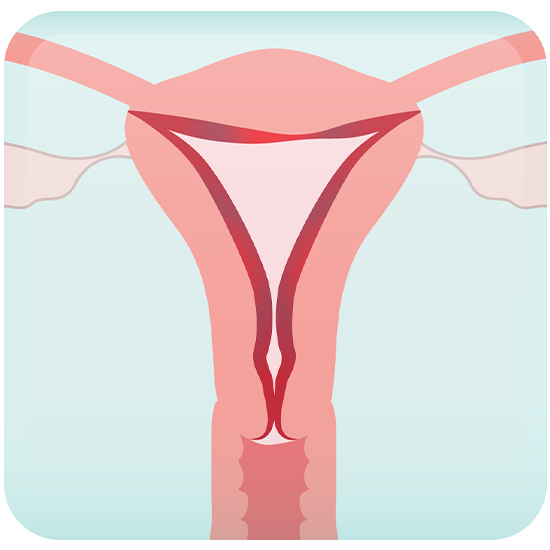
Endometrial hyperplasia is the abnormal thickening of the uterine lining, where cells grow in a crowded and/or disorganized manner. While the endometrium normally thickens and sheds during menstrual cycles, it should remain thin and bleed-free after menopause.
Grade I Endometrioid Adenocarcinoma: Treatment
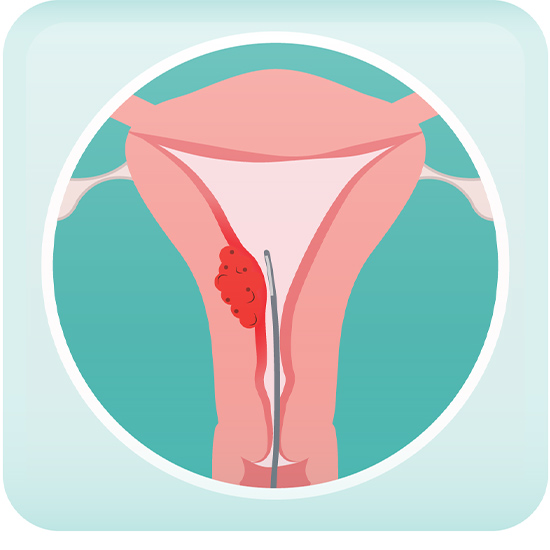
Understanding the approaches to treatment for Grade 1 Endometrioid Adenocarcinoma is necessary for developing effective care strategies.
Endometrial Cancer
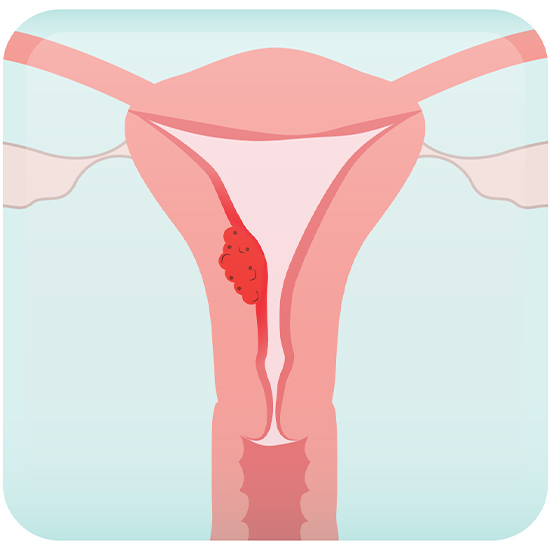
Endometrial cancer, the most common gynaecologic cancer in North America, affects the lining of the uterus, called the endometrium.
Postmenopausal Bleeding: Evaluation
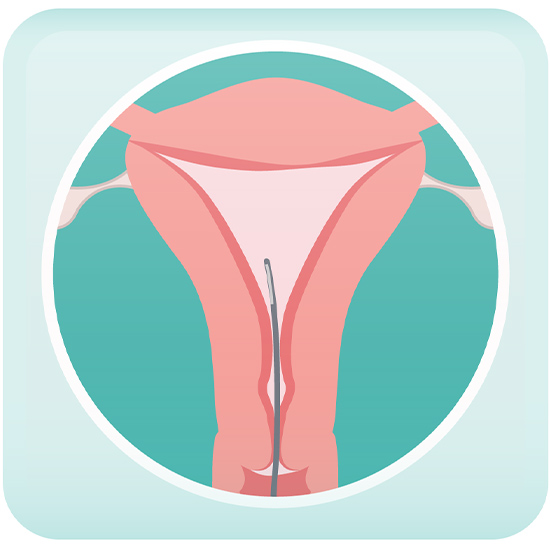
Postmenopausal bleeding can signal underlying health issues that require thorough evaluation. Your doctor will typically conduct a physical examination and may order blood tests and imaging studies, such as transvaginal ultrasounds.
Postmenopausal Bleeding: General Information

Postmenopausal bleeding refers to any vaginal bleeding occurring more than a year after a woman’s last menstrual period, indicating menopause has begun.
Endometrial Polyps: Treatment
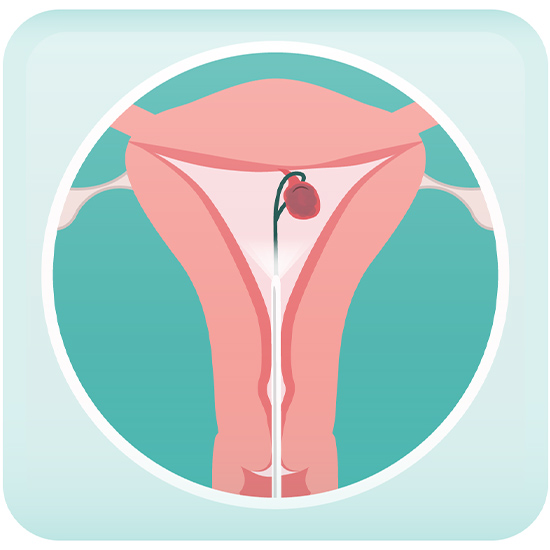
Endometrial polyp management is personalized based on symptoms, fertility goals, and cancer risk. Options include expectant management, suitable for some asymptomatic premenopausal women, or surgical removal through a minimally invasive hysteroscopic polypectomy.
Endometrial Polyps: Evaluation
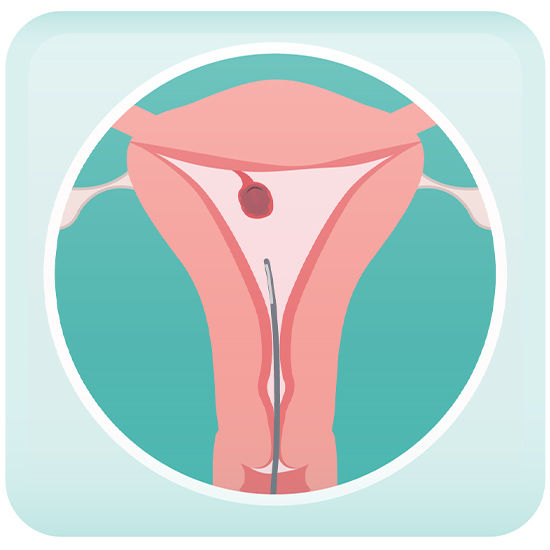
Diagnosing endometrial polyps typically begins with imaging, such as a transvaginal ultrasound, to investigate symptoms like abnormal bleeding.
Endometrial Polyps: General Information
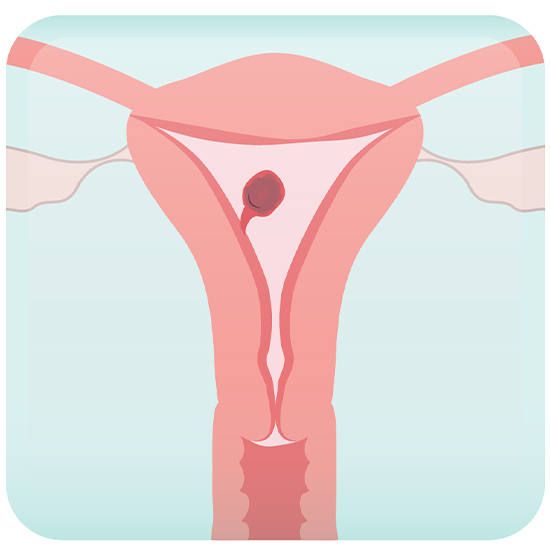
Endometrial polyps are small growths that develop within the uterine lining and extend into the uterine cavity, affecting up to 35% of women.
Endometriosis: Treatment
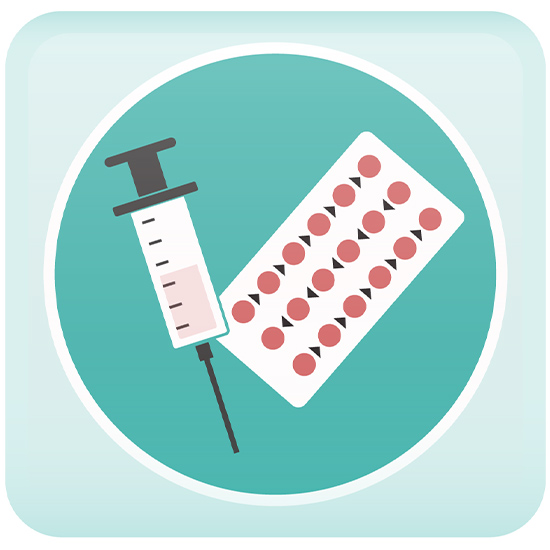
Endometriosis is a chronic condition affecting millions of women worldwide, characterized by the growth of endometrial-like tissue outside the uterus, leading to pain and various complications. Although there is currently no cure, a range of treatments is available to help manage symptoms and improve the quality of life.
Endometriosis: General Information
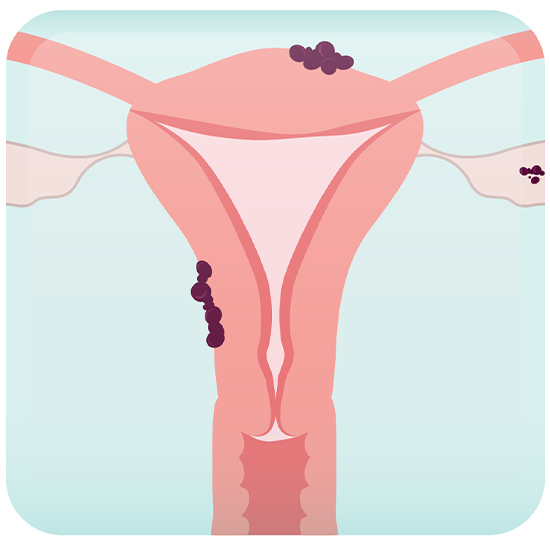
Endometriosis affects 1 in 10 women in Canada, and can have a devastating effect on daily life, often going unchecked for decades.
